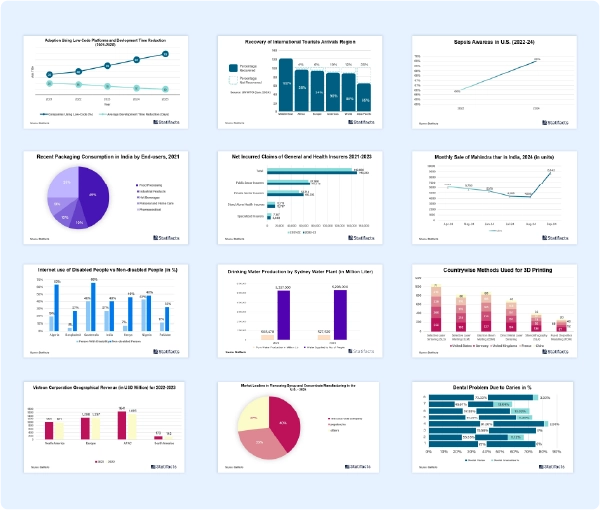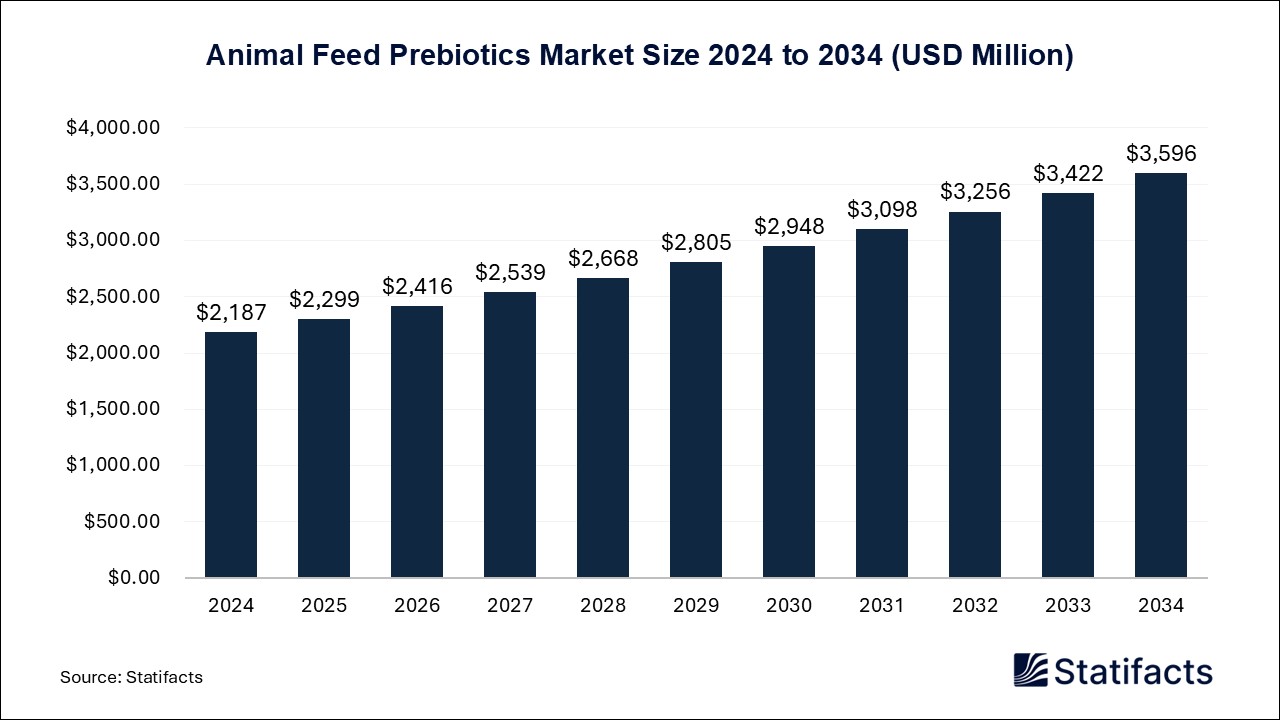

Our customers work more efficiently and benefit from
The global generic pharmaceuticals contract manufacturing market size was valued at USD 77.19 billion in 2024 and is anticipated to reach around USD 136.29 billion by 2034. It is expanding at a CAGR of 5.85% between 2025 and 2034.
| Industry Worth | Details |
| Market Size in 2024 | USD 77.19 Billion |
| Market Size in 2025 | USD 81.71 Billion |
| Market Size by 2034 | USD 136.29 Billion |
| Market Growth Rate from 2025 to 2034 | CAGR of 5.85% |
The generic pharmaceuticals contract manufacturing market refers to the production, distribution, and application of genetic pharmaceuticals contract manufacturing, which is an industry where pharmaceutical companies collaborate with contract manufacturers for the production of generic drugs. The pharmaceutical contract manufacturing process involves the outsourcing of drug production to third-party manufacturers. It includes the use of advanced technologies like artificial intelligence (AI) and machine learning (ML) to improve many stages of drug development and manufacturing. A generic drug has the same active pharmaceutical ingredient (API) as the original, but it may differ in some features like the manufacturing processes, formulation, excipients, color, taste, and packaging. Contract manufacturing is a type of outsourcing that companies use that involves hiring a manufacturer to create products. A contract manufacturer may take part in many stages of production, including design, manufacturing, and shipping, depending on the needs of their client. It involves outsourcing the production of pharmaceutical products to a third-party manufacturer, which can provide services like drug development, manufacturing, and compliance with regulatory requirements.
Meeting quality standards is one of the beneficial factors driving the generic pharmaceuticals contract manufacturing market. Quality assurance is essential in pharmaceutical manufacturing due to it ensures that products meet quality standards and regulations and provide the desired results for patients. Quality assurance is a systematic process that applies throughout the product’s lifecycle, from development to post-market. Quality assurance in the pharmaceutical industry involves implementing systems and processes to ensure that products consistently meet or exceed established quality standards. It includes activities like good manufacturing practices (GMP), quality management systems, and adherence to regulatory requirements. Benefits of meeting quality standards include reducing errors, optimizing supply chain management, improving ISO standards management, ensuring regulatory compliance, improving product and production safety, regulatory compliance, quality management planning, improved management, and customer satisfaction.
The pharmaceutical contract manufacturing industry is essential as it facilitates the cost-effective production of medicines. This process allows pharmaceutical companies to subcontract the manufacturing processes to specialist companies, which drives the growth of the generic pharmaceuticals contract manufacturing market. These organizations help them to concentrate on research, development, and marketing while meeting regulatory requirements and minimizing expenses. It will help to access a vast network of raw material suppliers, availability of skilled professionals and innovative technology, and strict regulatory compliance to ensure high-quality medicines. Contract manufacturers can produce pharmaceuticals at a lower cost due to economies of scale and specialized workforce. One of the biggest benefits of pharmaceutical manufacturing is cost savings. Contract manufacturing companies can achieve economies of scale that can result in lower production costs for their clients. Outsourcing may result in lower costs than in-house production.
Rising applications in supply chain management and specialized manufacturing are driving the growth of the generic pharmaceuticals contract manufacturing market. A well-coordinated supply chain allows a rapid and effective response to these events, minimizing their impact on pharmaceutical product availability and distribution. Communication and coordination in the pharmaceutical supply chain are fundamental pillars to achieve successful and effective operations. The key stakeholders in the pharmaceutical industry supply chain include raw material suppliers, drug manufacturers, wholesale distributors, regulatory agencies, pharmacies and pharmacy benefit managers (PBMs), healthcare providers, and patients. Effective manufacturing supply chain management allows manufacturers to improve production processes, minimize wastage, and enhance overall productivity.
According to a report published in June 2024 by Tradeimax, the top 10 exporters of 2023-24. top pharmaceutical exporters in the world include Germany ($119.85 billion), Switzerland ($99.08 billion), the United States ($90.30 billion), Belgium ($82.52 billion), and Irland ($71.56 billion).
Published by Laxmi Narayan , March 2025
For any questions about this dataset or to discuss customization options, please write to us at sales@statifacts.com
| Stats ID: | 8050 |
| Format: | Databook |
| Published: | March 2025 |
| Delivery: | Immediate |
| Price | US$ 1550 |




| Stats ID: | 8050 |
| Format: | Databook |
| Published: | March 2025 |
| Delivery: | Immediate |
| Price | US$ 1550 |

You will receive an email from our Business Development Manager. Please be sure to check your SPAM/JUNK folder too.

Unlock unlimited access to all exclusive market research reports, empowering your business.
Get industry insights at the most affordable plan
Stay ahead of the competition with comprehensive, actionable intelligence at your fingertips!
Learn More Download
Download
